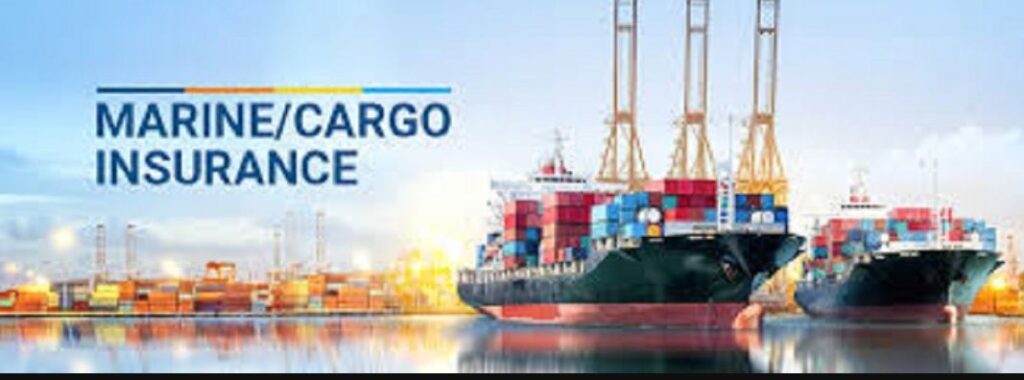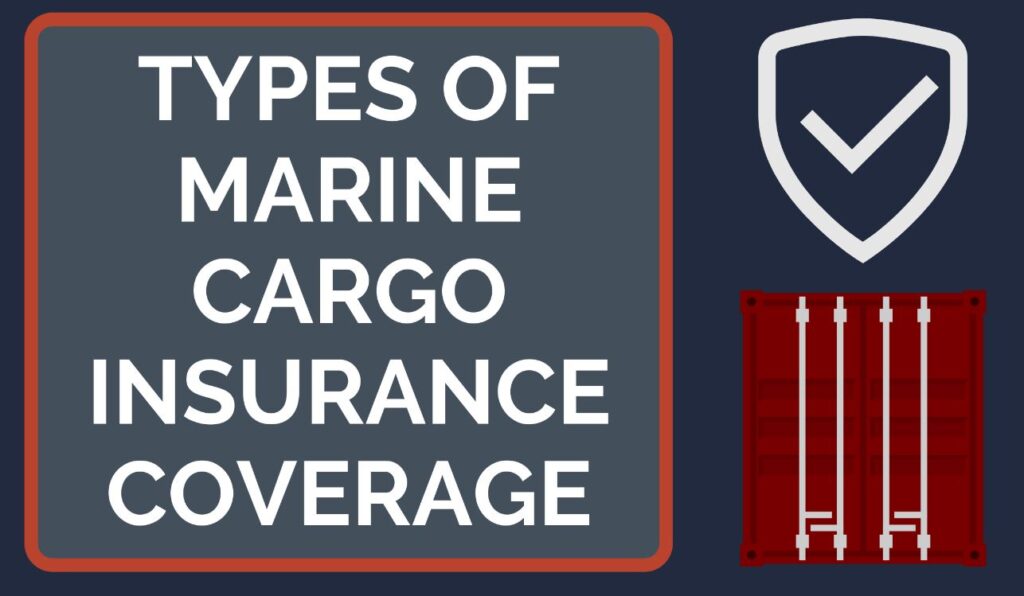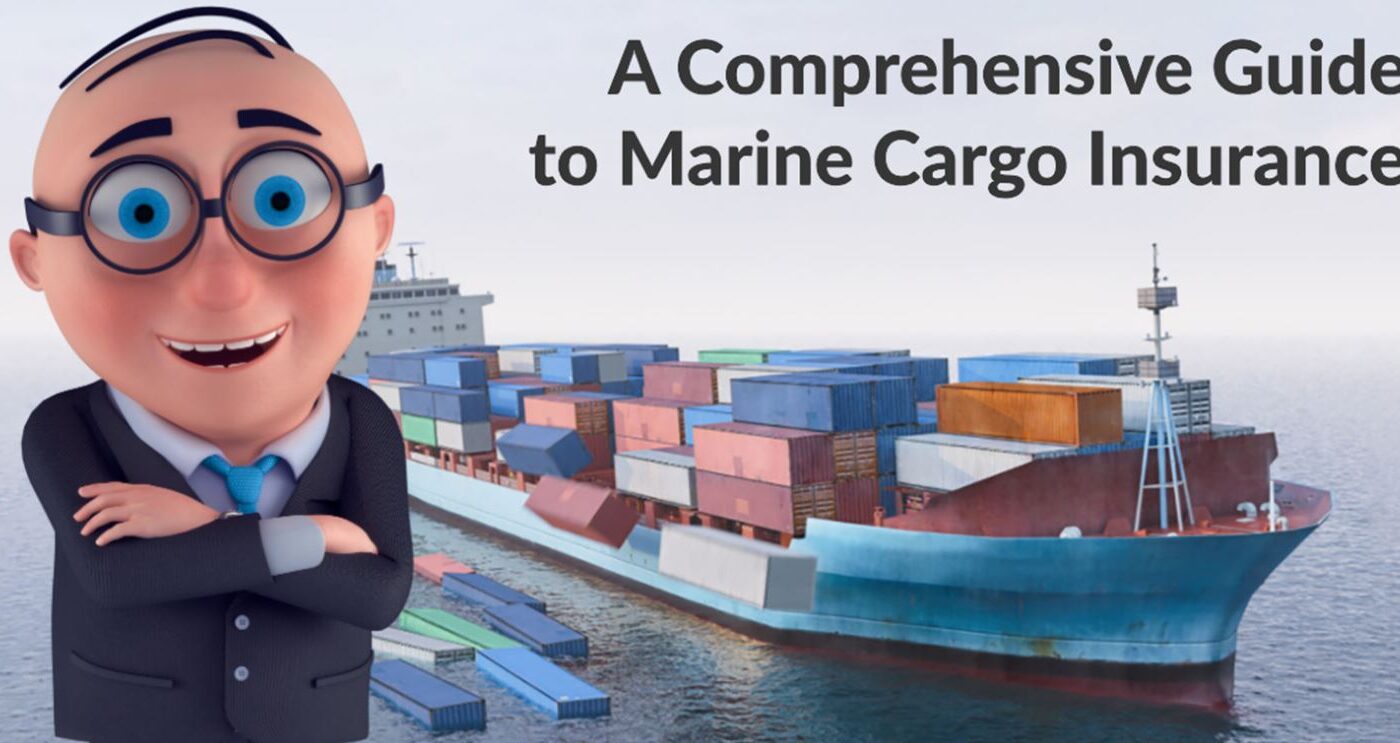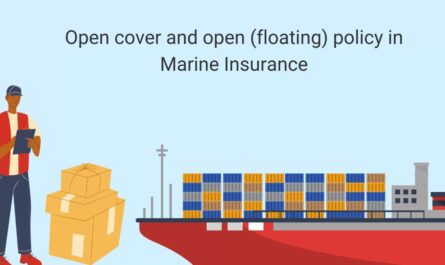In today’s worldwide economy, maritime transportation is still an essential part of doing business internationally. Throughout the course of their shipments, cargo owners—who have the responsibility for the prompt and secure delivery of goods—face a number of hazards. Potential risks range widely, from piracy to natural catastrophes. Herein lies the role of marine insurance cargo, which offers vital security and comfort. This thorough study examines the value of marine insurance for cargo owners, outlining the forms, advantages, and methods of operation.
Understanding Marine Insurance Cargo
A sort of insurance policy known as marine insurance cargo protects against cargo loss or damage while it is being transported by water. Since it covers a range of transportation vehicles, such as trucks, ships, and air planes, the items are covered from the time they leave the warehouse until they arrive at their destination. The main goal of this insurances to lessen monetary damages brought on by unanticipated events that occur while in transit.

The Importance of Marine Insurance for Cargo Owners
Financial Protection
Financial protection is one of the main advantages of marine insurance cargo. International cargo transportation requires significant financial outlays, and any loss or damage might result in significant financial hardships. By guaranteeing that cargo owners receive compensation for their losses, marine insurance cargo helps them to recoup financially and carry on with their business without significant interruptions.
Compliance with Legal Requirements
Before their goods can be exported, cargo owners are required by law in many nations and ports to obtain maritime insurance. By doing this, it is made sure that everyone engaged in the shipping process is covered in case of losses. Not only does having marine insurance cargo meet these legal requirements, but it also makes port clearance procedures run more smoothly and quickly.
Enhanced Credibility and Reputation
Having marine insurance cargo enhances the credibility and reputation of cargo owners. It demonstrates their commitment to protecting their clients’ goods and ensures that they are financially prepared to handle any unforeseen incidents. This can lead to stronger business relationships and increased trust among clients and partners.
Flexibility in Coverage
Flexible coverage options are provided by marine insurance cargo, enabling cargo owners to select the plans that best meet their requirements. The owners can customise their policies to match their risk exposure and budget, choosing from named perils coverage, which covers specific risks, or all-risk coverage, which offers comprehensive protection against all types of risks.
Types of Marine Insurance Cargo Policies
There are various marine insurance cargo policies, each of which is intended to cover a particular component of cargo transportation.

Open Cover
A continuous insurance contract that covers all shipments made by the insured during a predetermined time frame is known as an open cover policy. This kind of strategy is perfect for companies who export goods on a regular basis. By doing away with the requirement to set up separate insurance for every shipment, it streamlines the insurance procedure.
Specific Voyage Policy
Coverage for a single shipment from the point of origin to the destination is offered by a specific voyage policy. For the owners who would rather insure particular shipments rather than move goods regularly, this kind of policy is appropriate.
Time Policy
A time policy protects the cargo for a set amount of time, typically a year. For the owners who wish to guarantee continuous coverage for all of their shipments throughout the policy period and have ongoing shipping activities, it is advantageous.
How Marine Insurance Cargo Works
The owners may optimize their coverage benefits and make educated decisions by having a thorough understanding of how marine insurance cargo operates. The following are the main actions in the marine insurance procedure:
Risk Assessment
In evaluating a shipment, the insurance provider takes into account many factors such as the type of goods, shipping route, form of transportation, and packaging. The coverage terms and price are determined in part by this assessment.
Policy Issuance
The insurance provider issues a policy detailing the coverage specifics, such as the risks covered, the insured value, the premium amount, and the policy period, based on the risk assessment. Terms and conditions, exclusions, and claim procedures are also included in the policy.
Shipment Monitoring
Following the policy’s issuance, the insurance company keeps an eye on the shipment to make sure it complies with the specified terms and conditions. Making sure the goods is packaged and handled correctly throughout transit is part of this.
Factors Affecting Marine Insurance Cargo Premiums
Value of the Cargo
The premium increases with the value of the shipment. Because the insured worth of the products establishes the possible financial loss in the event of damage or theft, insurers base their premium calculations on this value.
Nature of the Cargo
Because they involve greater hazards, some cargo types—like perishable commodities, hazardous materials, or high-value items—are subject to higher premiums. When setting premium prices, insurers take the cargo’s characteristics into account.
Shipping Route
The premium charges are mostly determined by the shipping route. Premiums are greater for routes that travel through high-risk locations, such as those where piracy is common or where there is extreme weather.
Mode of Transportation
The premium charges are also influenced by the kind of transportation that is utilized to move the item. Premiums for marine insurance cargo are often higher for sea shipping since it entails greater risks than air or land transit.
Tips for Choosing the Right Marine Insurance Cargo Policy
Assess Your Risk Exposure
Consider the possible dangers connected to your shipping and freight operations. To decide the amount of coverage you require, take into account variables including the value of the items, the shipping route, and the manner of delivery.
Compare Policies
Compare several marine insurance cargo policies offered by different companies. Seek for plans that provide extensive coverage at affordable costs. Be mindful of the exclusions, claim procedures, and terms and conditions.
Check the Provider’s Reputation
Select a marine insurance company that has a solid track record and a solid reputation in the business. To make sure the provider provides dependable coverage and effective claims processing, check reviews and ratings.
Conclusion
For the owners, marine insurance cargo is a vital tool that provides peace of mind and financial security for the commodities they are transporting. The owners can select the appropriate coverage for their needs and make well-informed decisions by being aware of the value of marine insurance, the different kinds of policies that are available, and the variables that determine prices. Having the appropriate marine insurance cargo coverage in place guarantees that you are ready for any unforeseen events, protecting your investment and upholding the financial stability of your company, whether you are transporting goods locally or abroad.



